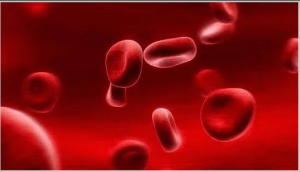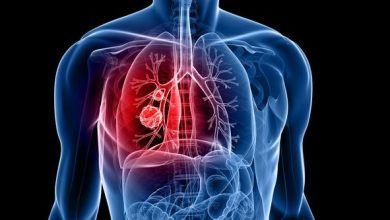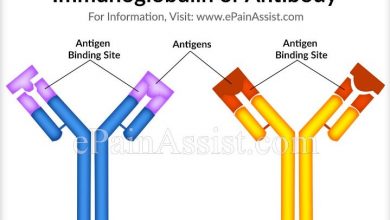everyday science
12 major functions of blood in human body
 Here are the common Functions of Blood :
Here are the common Functions of Blood :
- Blood is important in the transport of oxygen to all parts of the body.
- Blood also transports carbon dioxide from the tissue of the body to the lungs.
- Blood is responsible for taking digested food from the alimentary canal (gut) to all cells of the body.
- Blood contains immunoglobins or antibodies which combat antigens and disease-causing micro-organisms.
- All endocrine glands pour their hormones into the blood which are then taken by the blood to all parts of the body.
- The blood maintains the vital salt and water balance of the tissues and cells and also keeps osmotic pressure.
- Insulin pressure in the blood helps the cells to take up glucose and use it.
- The waste products of the body like urea, excessive salt metabolites, and drugs are taken by the blood to the kidneys from where they are excreted.
- Blood circulation provides pressure for the kidneys to filter out harmful and surplus substances of the body.
- Blood contains proteins for clotting the blood.
- White blood cells engulf or eat up damaged cells, bacteria, and other foreign particles.
- White blood cells help in the healing of wounds.





